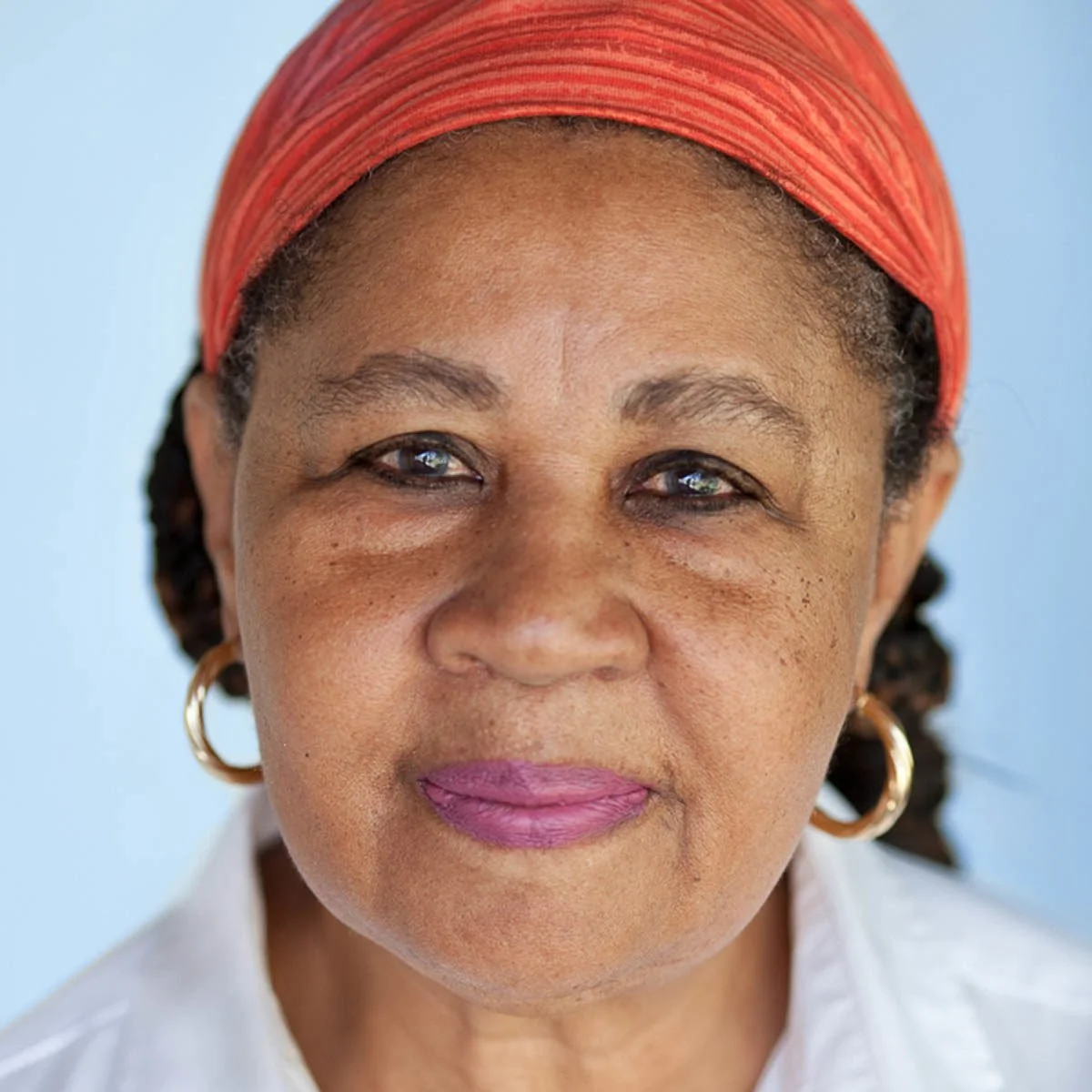Pink Icing and Other Stories by Pamela Mordecai
If you ever get the chance, I would highly recommend attending a reading by Toronto poet and story writer Pamela Mordecai. Well, perhaps "reading" is the wrong word. Mordecai is really a performer in the tradition of Jamaica's late Miss Lou, updated in subject and style, but just as provocative, titillating and entertaining, with that same virtuosic command of a colourful, expressive Jamaican language.
I am also of Jamaican heritage and Mordecai resurrects, in eerily exact tones, the lives of my maternal relatives, so many now gone. Whenever I listen to Mordecai's voice, I feel surrounded by happy ghosts.
The first pleasure of Mordecai's story collection, Pink Icing, is how naturally and accurately this voice transfers to prose and the printed page. This is no easy feat, as the Jamaican language, patois, if you like, remains much more oral than written. Mordecai displays an uncanny ear for the mingled tenses and improvisational English that proves uniquely adaptable to the idiosyncrasies of each speaker.
Mordecai is always subtle. She never strains or exaggerates, not in eloquent, idiomatic turns of phrase. Consider the aptness of "it sweet me." ("What sweet you so?" my own grandmother used to ask.) Or, "So say, so done." Or, "from ever since." Then there are Mordecai's relaxed passages of description and dialogue both, as in this scene from the story "Chalk it up." The narrator, the youngest of four daughters, is describing her sibling dynamics:
Every time Mama tell me something nice, Petal wait till she is gone, then stick out her tongue and waggle her bottom at me. But Pauline take my side and warn Petal. "How much time I am to tell you she is only a child, Petal? If you keep on and keep on, I going to tell Papa."
Papa, a successful businessman, rules this household of women. He keeps his youngest daughter from school in order to provide company for his wife. The child is the unwitting guard of her increasingly depressed mother, who, according to her children, is beginning to resemble a chewed-down pencil. She sees no way out of her marriage to an oppressively overbearing man. We are speaking of a particular family and a particular time (mid-20th century) and a particular upwardly mobile class. This story communicates disturbingly well the authority of men in Jamaican society.
For girls in this collection, men present either mystery or menace; sometimes both. In the title story, a car full of leering boys torments a schoolgirl on her way home from school. She is run into the gutter, her books and clothing splattered. But since the women in her life have informed her that "life is a journey full of peril," she picks up her books and keeps going.
Kingston, Jamaica (photo by Marc Babin)
This story reminds me of Eudora Welty's story "A Worn Path," in which an aged black woman's difficult journey becomes an allegory for her survival of a harsh life. In Mordecai's tale, the girl's route home describes a geographical and social landscape – a labyrinth of colour, class and ethnicity she must navigate before reaching her ultimate delicious goal.
School days and the importance of education is a galvanizing theme for Mordecai. In "Harstone High," for instance, she immerses us in the camaraderie, gossip and intrigue of a girls' school. Curiosity overcomes the students when a young Chinese woman enrols in class. Her name is Shirley Lyn and the girls speculate over her pedigree: Does she belong to the Lyns of Cavalier or the Lyns of Stokes? Did she earn her way into the school with good marks or did she buy her place in class? All musings desist after Shirley's quick thinking saves the class from certain punishment.
Mordecai exhibits enormous empathy and affection for the lives of girls and women, but this does not preclude compassion for males. "Alvin's Ilk" involves the tribulations of a young man whose pranks get him expelled from school. Alvin acts up because he dislikes his new teacher, who uses words "like is things she have and you don't have, like words is to confuse you, not make you understand." He is beginning to apprehend the ramifications of a class society.
But Alvin is a good boy who saves the life of the Chinese shopkeeper. His behavioural extremes distress his beloved guardian, Miss Mirrie: "Alvin, you know my heart not good," she complains. "Is you trying to kill me?"
Mordecai depicts young black men, young men generally, as complicated and multidimensional. In "Blood," Ainsley struggles to keep the remnants of his family together in the midst of a crime-ridden neighbourhood. His desperate love for his brother pushes him to the brink of violence.
Mordecai the performer isn't shy about working elements of song and dance into the 11 stories in Pink Icing, alongside such common themes in Jamaican fiction as madness and political violence. She illuminates the challenges of life at the crossroads of race, class and gender. Her subjects are diverse, her storytelling immediate – especially her use of a vibrant, dynamic language that superbly articulates an irrepressible Jamaican spirit.
This review appeared previously in the Toronto Star.







